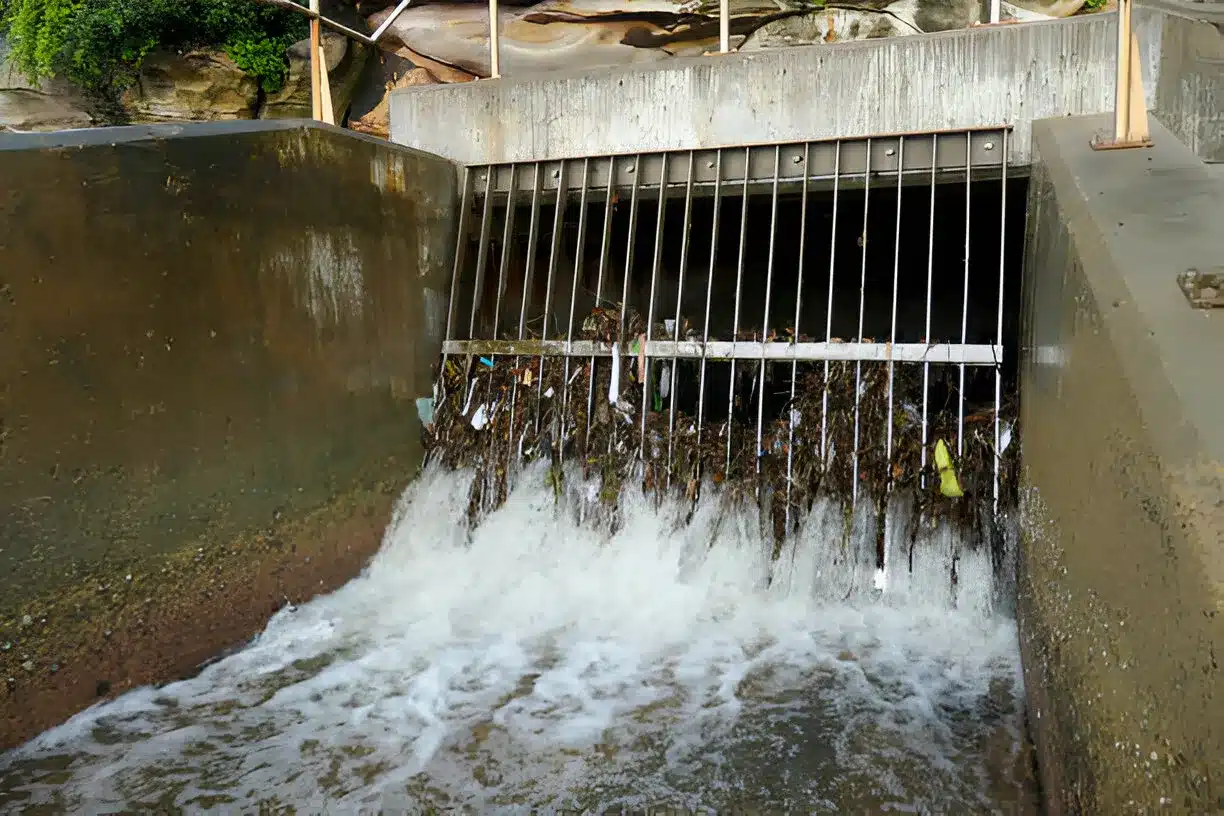Drainage systems are an integral part of any metropolitan infrastructure, and Sydney is no exception. Well-maintained drainage is crucial for ensuring that wastewater is effectively removed from properties, thus maintaining health standards and supporting a clean environment. However, drainage issues, such as a blocked drain, can cause significant inconvenience and even lead to costly repairs if not addressed promptly. This guide will provide insight into measures that can be taken to prevent the occurrence of blocked drains.
Understanding the Causes of Blocked Drains
To prevent a blocked drain, it is essential to understand the common causes. Blocked drains in Sydney often result from the accumulation of foreign substances that should not be discarded through the sink or toilet. These can include fats, oils, hair, food particles, and non-degradable products such as wet wipes or sanitary items.
In addition to the domestic causes, Sydney’s frequent storms can lead to debris like leaves, silt, and branches blocking outdoor drainage systems. Being aware of these factors can inform better practices in drain maintenance.
Regular Drain Inspections
Regular checks of your drain systems can be a proactive approach to identifying potential blockages. Inspections by a professional plumber can help spot early signs of a block and allow for intervention before more significant problems arise. Technology such as CCTV drain cameras enables plumbers to view the inside of pipes and assess their condition without excavation.
Disposal of Waste
One of the easiest ways to prevent a blocked drain is to monitor what goes down it. Instead of treating toilets and sinks as waste disposal units, ensure that only human waste and toilet paper are flushed, and that fats, oils, or food residuals are disposed of in the bin.
Using Drain Guards
Drain guards are simple yet effective tools in preventing debris from entering your drains. Placing these guards over plugholes in the kitchen and bathroom can catch hair, soap scraps, and food bits, making it easy to dispose of them correctly.
Smart Landscaping
Homeowners should consider the placement of trees and plants. Since root intrusion can be a significant cause of blocked outdoor drains, it is wise to plant deep-rooted trees away from your property’s drainage systems.
Dealing with Fat, Oils, and Grease
When fat, oil, and grease cool down, they solidify, clinging to the interior of pipes and gradually building up to a blockage. Rather than pouring these substances down the sink, let them solidify and then scrape them into the rubbish bin. For those in commercial settings, such as restaurants, fat traps can be installed to intercept grease before it enters the drainage system.
Educating Household Members
Education is key when it comes to preventing blocked drains. Make sure everyone in the household understands what should and should not be disposed of via the drains. Consider putting up a list in the kitchen and bathroom as a reminder.
Professional Drain Cleaning
Professional drain cleaning can be an excellent preventative measure for keeping drains clear. A qualified plumber can perform high-pressure water jetting, which effectively removes built-up debris without damaging the pipes.
Stormwater Drain Maintenance
In Sydney, where sudden downpours can lead to an excess of stormwater, regularly maintaining stormwater drains is essential. Homeowners should routinely clear gutters, downpipes, and any other outdoor drains to prevent blockages during heavy rain.
Quick Response to Warning Signs
Slow drainage, gurgling sounds, or unpleasant odours can be signs of a partial blockage. Addressing these warnings promptly can prevent the blockage from becoming more severe. If such symptoms are present, it’s advisable to contact a plumbing professional.
Do-It-Yourself Methods
For minor clogs, a plunger or a mixture of baking soda and vinegar can be used as a DIY solution. However, caution should be exercised not to use chemical drain cleaners extensively, as they can erode pipes over time.
Investing in Quality Plumbing Fixtures
Quality plumbing fixtures and properly sized pipes can reduce the chances of blockages. Cheaper alternatives may be more prone to problems and could end up costing more in long-term repairs.
Emergency Preparedness
In the event of a sudden blockage, it is useful to have a plan. Keep the contact details of a reliable local plumber handy and ensure your household insurance covers plumbing emergencies.
In conclusion, preventing a blocked drain in Sydney largely involves common-sense practices combined with routine maintenance and prompt attention to potential issues. By being conscientious about waste disposal and investing in regular professional inspections, the inconvenience and expense of blocked drains can be significantly reduced. Should you encounter a stubborn or severe blockage, it’s crucial to call on the expertise of a professional plumber to address the issue without delay.
For any resident of Sydney wary of the common challenges associated with a blocked drain, following these preventative measures will help ensure peace of mind and seamless operation of their drainage system all year round.
Also Read: How Modern DIY Climate Control is Changing Home Comfort










